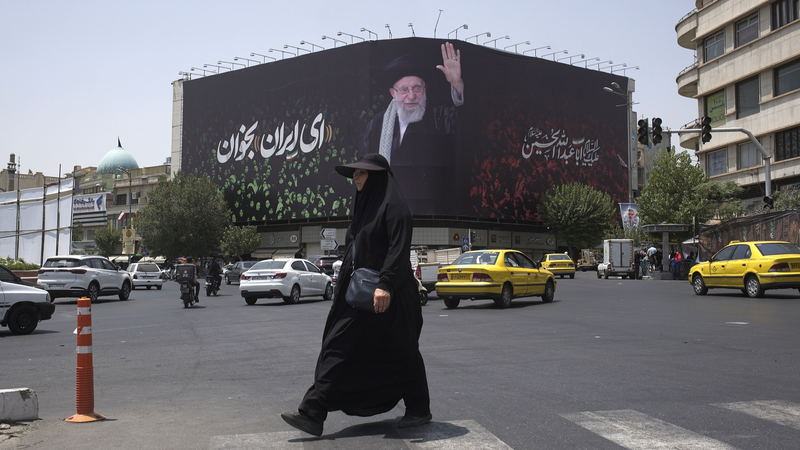In late June 2025, the Iranian Parliament took an unprecedented step by passing a law to temporarily suspend its voluntary cooperation with the International Atomic Energy Agency after a series of events that shook global nuclear diplomacy.
The move came just four days after U.S. airstrikes targeted Iran's nuclear sites at Fordow, Natanz and Isfahan on June 25, causing significant damage to facilities that house over 400 kilograms of enriched uranium. While some U.S. officials hailed the strikes as a decisive blow, independent reports pointed to rapid reconstruction efforts under way.
At the same time, the IAEA had submitted a report to its Board of Governors accusing Iran of non-compliance. Days later, Israel launched heavy strikes on Iranian targets, citing the agency's findings. In a surprising turn, IAEA Director General Rafael Grossi admitted weeks after the attacks that the agency had found no proof of systematic efforts by Iran to develop nuclear weapons. Critics say this delayed acknowledgment could have averted the Israeli strikes.
In response, Iran branded the original IAEA report misleading and accused Western states of weaponizing its contents. The new law, signed by President Masoud Pezeshkian on July 2, frames the suspension as a temporary measure but gives Tehran a new bargaining chip in stalled nuclear talks with Washington and European parties.
Under the law, inspections are only suspended and can resume if two conditions are met: full respect for Iran's national sovereignty and security of its nuclear facilities as determined by the Supreme National Security Council, and formal recognition of Iran's right to uranium enrichment under Article IV of the Nuclear Non-Proliferation Treaty. The council will decide when these criteria are in place.
By shifting its nuclear program out of IAEA oversight, even briefly, Iran aims to rebuild damaged sites at Fordow, Natanz and Isfahan without external monitors and to tighten the screws on its opponents. Diplomats say the tactic could force the U.S. and its allies to reconsider moves toward a snapback of sanctions and return to a more constructive negotiating posture.
Despite suspending cooperation, Iran remains a party to the Nuclear Non-Proliferation Treaty and emphasizes its commitment to peaceful nuclear technology. Analysts see the law less as a break from non-proliferation and more as a calculated gambit to reinforce Iran's legal rights to enrichment and to elevate its leverage on the world stage.
As Tehran and Washington eye a return to the negotiating table, this latest chapter underscores the delicate balance between enforcement and dialogue in global nuclear governance. For young global citizens, it is a potent reminder of how strategic decision making can redefine the rules of high stakes diplomacy.
Reference(s):
Iran's calculated response: A strategic lever to compel U.S., West
cgtn.com



